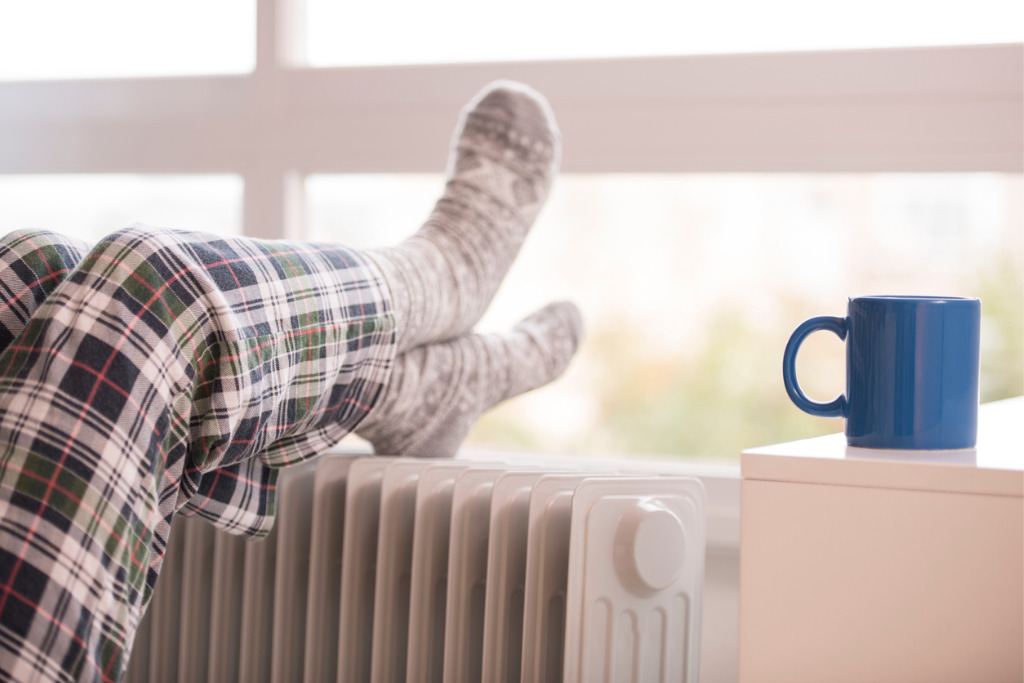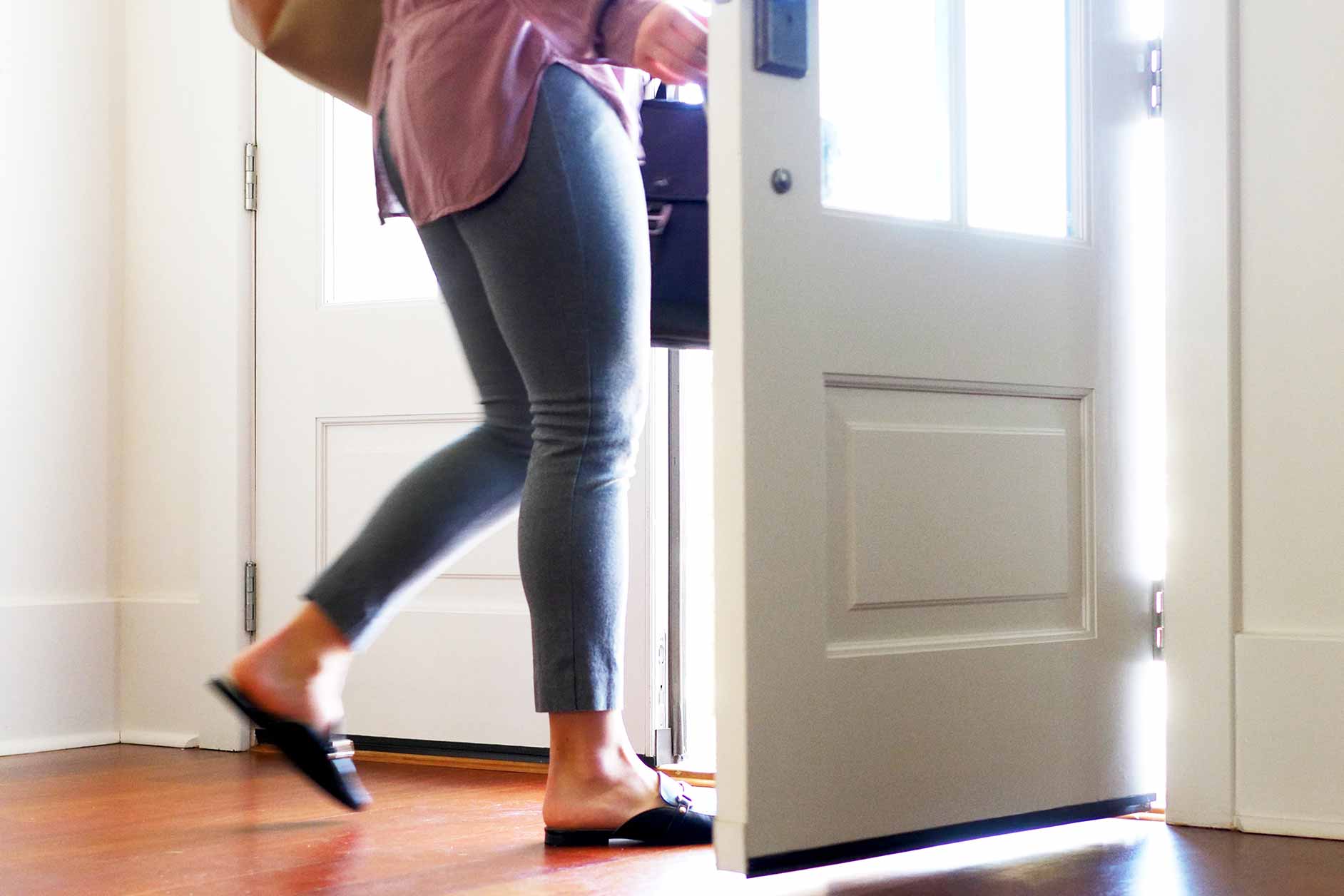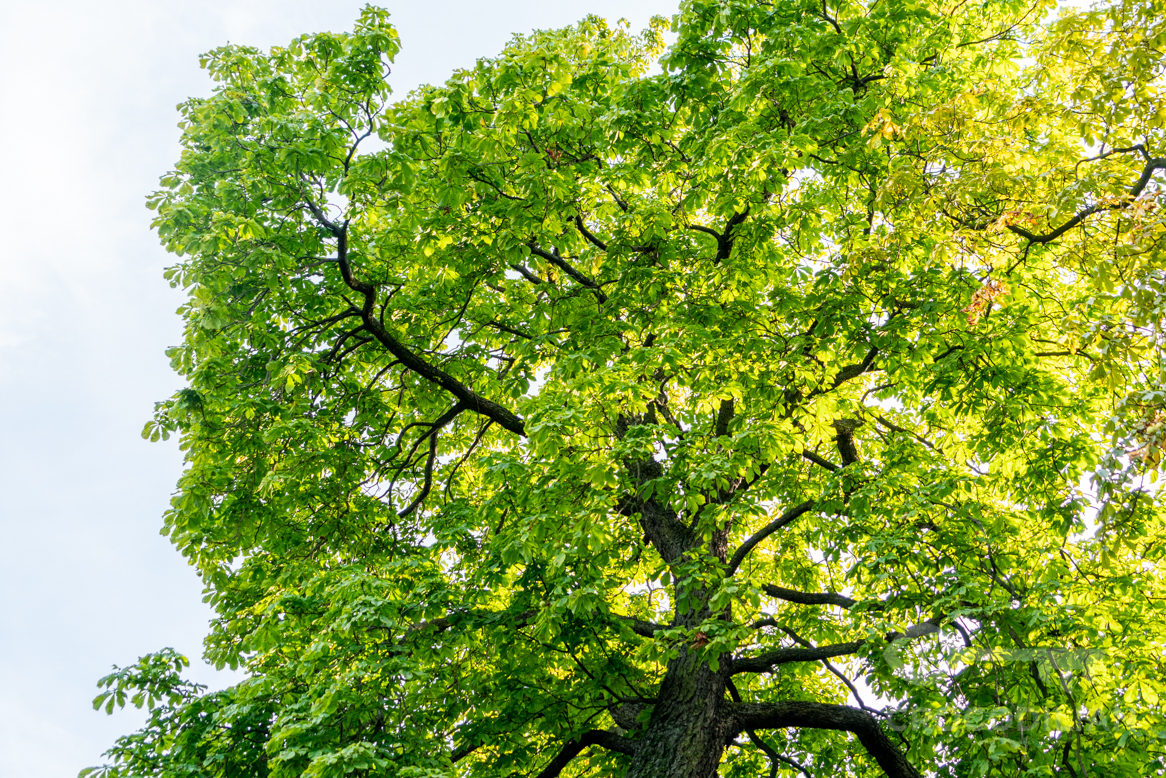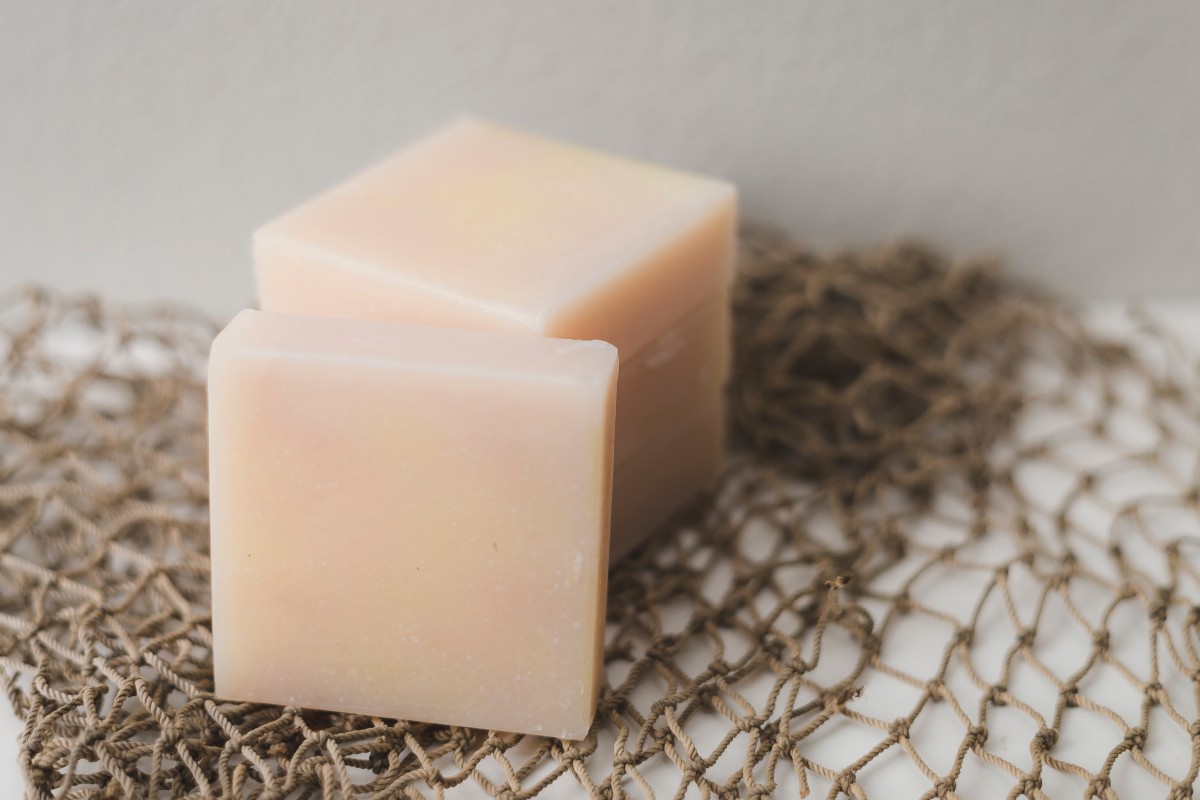A renter's guide to water sustainability in Berlin
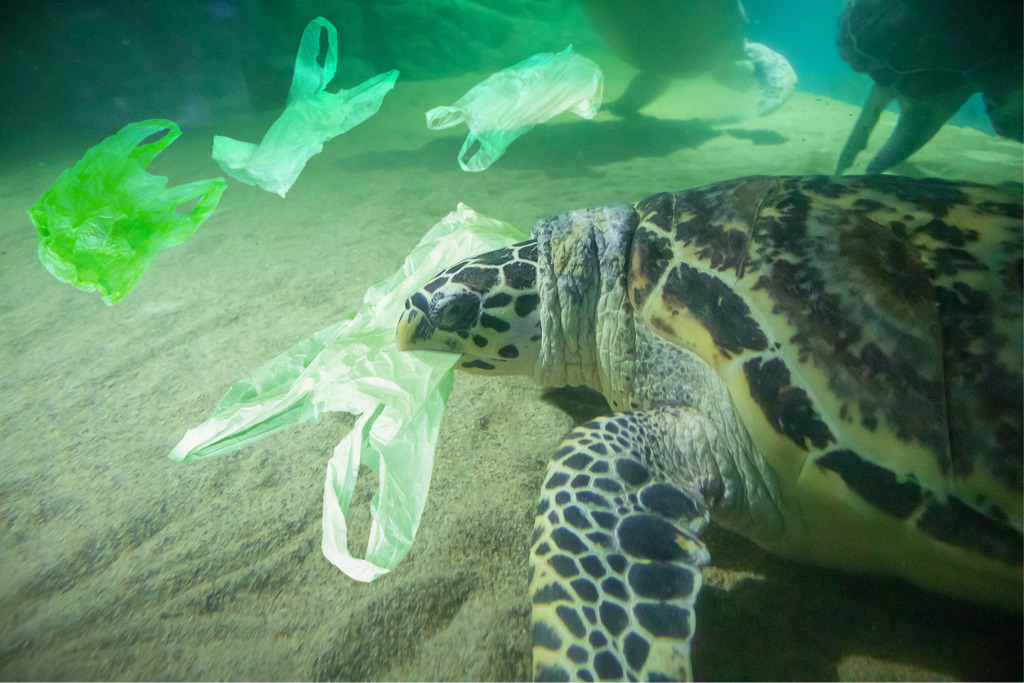
Everyone should be responsible for how we use our resources. It doesn’t matter whether you are the tenant or the owner of the apartment. Usually, when the bill for the utilities arrives, everyone has the intention to consume heat and electricity more ecologically for the coming year. Temporary tenants can also take notice of this – even if you rent a furnished apartment and on the expose it states ‘inc. additional costs’. Tenants can use energy and all other resources, like water sustainably. Not only will your landlord thank you, but the environment will too. This article will explore the theme of water sustainability. And the question: Is saving water actually even an issue in Germany?
Germany is actually a water-rich country with many rivers and lakes and certainly does not suffer from water shortage. That is true even though every German, or those living in Germany, consume around 120-190 Litres of water a day.There is good news though. Water consumption in Germany is declining! As we can see then the problem does not lie with water consumption itself. The problem is actually the use of warm water – especially because this needs more energy. As a result this costs more money. More money that your landlord, and at the end of the day, you as a tenant have to pay.
Be careful. The amount of water used is not the problem; instead it’s the associated energy costs. This distinction is important because saving cold water can actually be counterproductive. This is especially noticeable when using things such as the ‘eco’ flush button on the toilet. It is certainly meant well, but can actually leave debris and sediments in the pipes and lead to blockages in the sewage system. This may also sound absurd, but the more cold water is saved, the more the prices rise. The reason for this is the fact that the water and sewage system in Germany is over-sized. The system has to be maintained and the water must continually flow and be used.
Here are our tips on saving hot water and handling water in an environmentally friendly way!
Only use the washing machine and dishwasher when they are full.
It is ecologically more sensible to use dishwashers and washing machines than to wash by hand. This is only the case when they are full. Running them when they are half full will offset the benefits.
Take showers instead of baths.
For a full bath you need 140 litres of hot water. For a shower you need a lot less. From 15 minutes of showering you only use 15 litres of hot water.
Take an ‘eco’ shower.
Only let the water run for as short a time as possible and switch off the water when you are soaping yourself! A water-saving shower head will also reduce the usage of water. You can ask your landlord if they will buy one for your temporary furnished apartment. They will most likely be supportive of your proposal.
So that is all for now on hot water and saving costs. Now we will address the issue of the water cycle. As already mentioned, Germany has sufficient water reserves and even used water is re-added to the system. Of course it has to be cleaned first and this is where you can help.
Only use ecologically friendly cleaning materials without harmful chemicals.
Did you know that chemical cleaning materials can damage many surfaces?
They are also harmful to the environment.
Don’t use the toilet as a dustbin!
You can forget tips that tell you to save water by using the ‘eco’ flush. Flushing the toilet normally and allowing the water to flow through the pipes regularly is better than stoppages building up and having to use chemicals to clear them.
The following things don’t belong in the toilet:
- Leftover food and oil: it’s dangerous and can block the pipes.
- Even if you are staying in a temporary apartment and the pipes get damaged then you still bear the costs if the pipes need repairing.
- Medical products: they can’t be filtered out of the system and will end up in the water and lakes. It’s better to take any medical products that are out of date or no longer needed back to the Pharmacy.
Avoid Microplastics
Microplastics are small plastic balls that are found in many cosmetic products, like peeling cream, shower gels etc. They can’t be filtered out during the filtering process and eventually end up in the stomachs of wildlife. Wild animals often die due to a variety of plastic waste contamination.
Tip: Try to use ecologically friendly cosmetic products.
Not only cosmetics but also synthetic clothing is a problem. When washing functional clothing, polyester etc. parts of the fabric break off and enter the water cycle. Washing machines can’t filter these out. This is only possible when you use a special washing bag. You can buy one yourself and it is actually quite cheap at around €30.
Pass the mic and tell your friends!!
Save warm water and put no chemicals or waste into the water system.
If you follow these tips then you will use water sustainably, save money, and protect the water system and wildlife.
back to category: | The Temporary Rental Blog | Go Green
